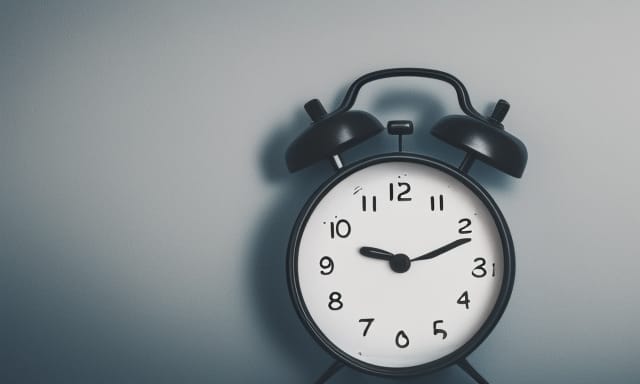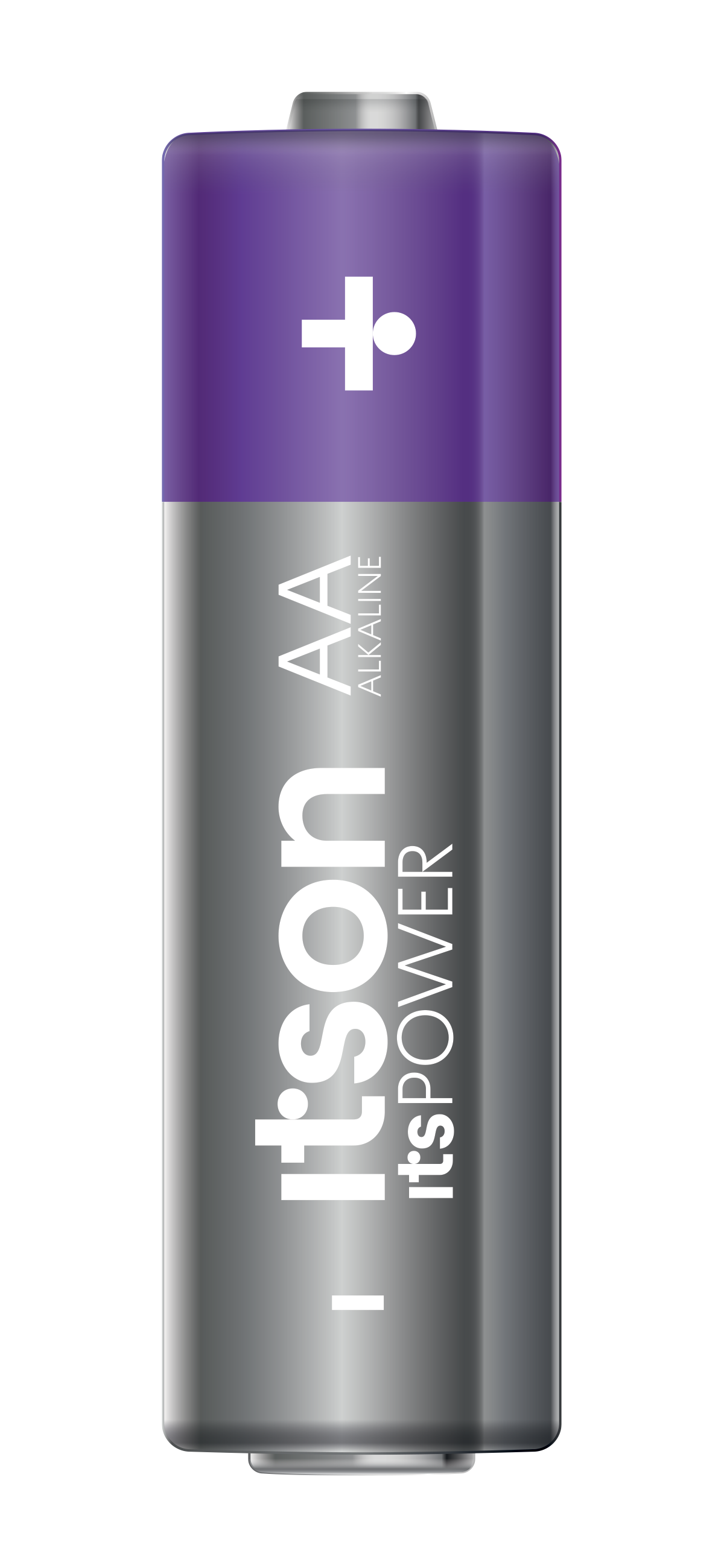The morning can often feel like the hardest time of the day. No matter how early you go to bed, it feels like your body is fighting you when it’s time to get up. While it may be difficult to motivate yourself at first, understanding why waking up in the dark is so hard can help us make our mornings a little bit easier and more bearable. Whether it’s adjusting our sleep schedule or using light therapy, there are ways we can prepare ourselves for an easier morning start. Let’s dive into why waking up in the dark is so difficult and explore ways we can make those tough mornings just a bit better.
Waking up in the dark is difficult because our bodies are wired to sleep when it’s dark outside.
Waking up in the dark can be a real challenge. Our bodies are naturally wired to sleep when it’s dark, and so when we wake up in the morning before sunrise our internal clock is still trying to tell us that it’s time for bed. This makes it difficult for us to transition into being awake – no matter how early we went to bed the night before. To make matters worse, this natural inclination means that our sleepiness lingers even after the sun has risen, making it hard for us to find enough energy or motivation to start our day off on a productive note. Fortunately, there are ways we can prepare ourselves ahead of time so that waking up in the dark isn’t as difficult an experience as it could be.
Our bodies produce less melatonin, the hormone that makes us sleepy, in the morning.
When the sun rises in the morning, our bodies are hit with a wave of energy that helps us transition from sleep to wakefulness much more easily. This is due to an increase in exposure to natural light and a decrease in melatonin production. Melatonin is a hormone produced by our bodies that makes us feel sleepy during the nighttime hours, but when we’re exposed to sunlight again it decreases significantly so that we can start feeling alert and awake once again. This means that when we wake up earlier than sunrise before our melatonin has had enough time to decrease naturally, it contributes significantly towards why waking up in the dark is so difficult for us.
Fortunately, there are ways you can use this knowledge of your body’s biological rhythm to help make waking up easier for yourself even if you have to do it before sunrise. Exposing yourself to artificial light sources such as lamps or using special lights designed for circadian rhythm therapy can effectively reduce your body’s production of melatonin and give you enough energy and motivation needed for getting out of bed and starting your day on a positive note. Whether it’s adjusting your sleeping schedule or making sure you expose yourself to enough light at appropriate times throughout the day – understanding how your body works will go far in helping make those tough mornings just a bit better!
The release of cortisol, the stress hormone, is also higher in the morning, making it harder to wake up.
The release of cortisol, the stress hormone, is also higher in the morning and can make it even harder to wake up. This means our body’s natural alarm clock has to work extra hard just to get us out of bed each day. For many of us, this can mean feeling a sense of dread when we wake up – even if there isn’t anything particularly stressful going on in our lives. It turns out that during sleep our bodies are still working; they’re just processing things differently than during waking hours. In the morning, cortisol levels tend to be highest as your body prepares for the onslaught of tasks ahead – from making breakfast to getting ready for work or school – all while dealing with any residual fatigue you may have from not sleeping enough at night.
This combination of rising cortisol levels and lingering fatigue makes it incredibly difficult for some people (especially those who struggle with insomnia) to get out of bed and start their day off right. The good news is that there are ways you can help manage your cortisol production during these early hours so that mornings don’t feel like such a chore anymore! Taking time before bed to wind down, sticking to a consistent sleep schedule, exercising regularly, and eating healthy meals throughout the day can all help reduce your stress hormones in addition to reducing anxiety and depression symptoms associated with them as well!
There are some things we can do to make mornings easier, like gradually adjusting our sleep schedule or using light therapy.
Mornings can be a real struggle, especially when it’s still dark outside. But there are some things we can do to make those early starts just a little bit easier for us. For instance, gradually adjust our sleep schedule so that we wake up closer to the time of sunrise and expose ourselves to light therapy – such as lamps or special lights designed for circadian rhythm therapy –which helps reduce melatonin production to increase alertness and energy levels.
A consistent sleep schedule is also important when it comes to making mornings easier on us; this ensures that our bodies have enough time throughout the day and night to properly rest and reset their internal clocks. In addition, exercising regularly has been proven to help regulate cortisol levels which make waking up less stressful overall! Finally, eating healthy meals throughout the day can provide much-needed fuel for tackling whatever tasks come our way first thing in the morning – allowing us to start off with more energy than ever before!
By understanding why mornings are so difficult, we can start to make them a little easier.
Mornings can be a real struggle, especially when it’s still dark outside. But by understanding why they’re so difficult in the first place, we can start to make them a little easier on ourselves. One of the main reasons mornings are hard is that our body naturally releases cortisol – the stress hormone – currently which makes it even more difficult to wake up and start tackling tasks for the day ahead. Additionally, melatonin production increases during sleep making us feel even more sluggish when morning comes around!
But there are ways to reduce these effects and make those mornings just a bit better: adjusting your sleeping schedule closer to sunrise times, exposing yourself to light therapy such as lamps or special lights designed for circadian rhythm therapy and exercising regularly throughout the week all help regulate cortisol levels along with providing us with extra energy for tackling whatever tasks come our way first thing in the morning. Eating healthy meals throughout the day also helps provide the fuel needed for starting on a positive note each day! By taking steps like these we can begin to understand why mornings may be tough and work towards making them just that much easier!
Though the morning can be a struggle, by understanding why we find it difficult to wake up and implementing small changes, like gradually shifting our sleep schedules or using light therapy, it can be easier to rise each day. Mornings get a bad rep for being so hard but with creative solutions, we’re able to take control of our mornings and approach them with positivity.





















